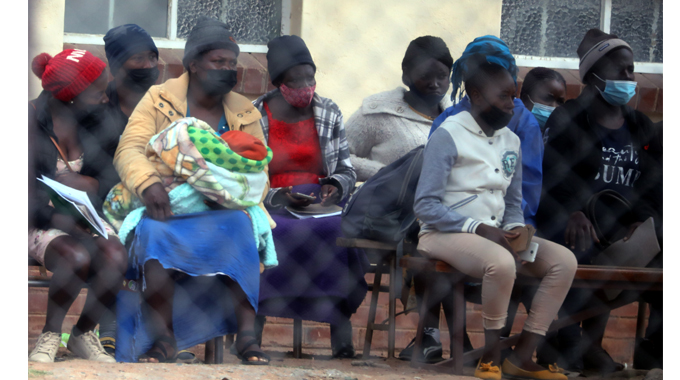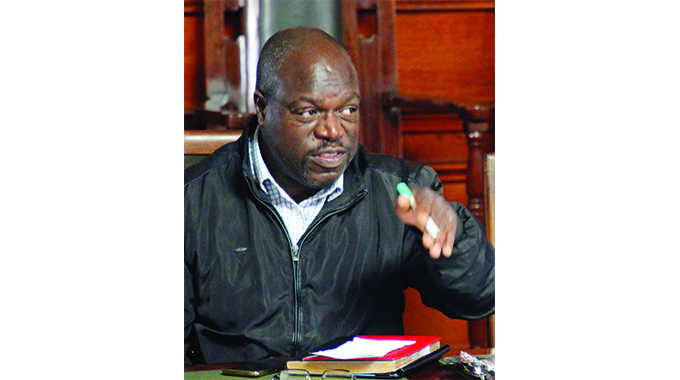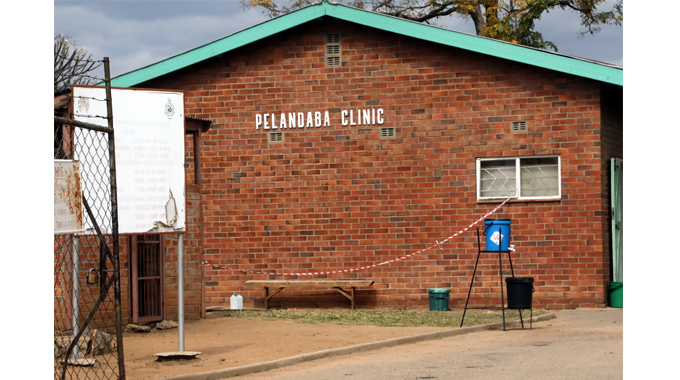WATCH: Bulawayo council clinics crippled

Mashudu Netsianda, Senior Reporter
BULAWAYO City Council (BCC) is now engaging contract health workers to man its clinics as the local authority struggles to retain nurses who continue to resign en masse and further crippling the city’s health delivery system.
Council’s 19 clinics are operating with staffing levels of between 52 and 62 percent. Council requires a staff complement of 186 nursing staff to operate at full capacity.
The local authority has been running with 120 nurses, but resignations have seen the figure further dropping after 14 nurses left in the last six months.
Contract health workers are being engaged by council for a short period of time as a stop gap measure as they would be employed elsewhere.

Nurses who resigned cited poor salaries and working conditions. It could not be immediately established how much the nurses at council clinics are earning.
The latest development comes as the local authority is battling service delivery challenges due to a sharp decline in revenue inflows.
Speaking during a recent media briefing, BCC director of health services Dr Edwin Sibanda said due to the continuous resignations, council got the greenlight from the Ministry of Local Government and Public Works to employ health care personnel on a contract basis.
“We are facing a challenge of health workers as most of them, particularly nurses are leaving and since January, we have lost 14 registered general nurses through resignations. The clinics are functioning with between 50 percent and 62 percent staffing as far as the establishment is concerned,” he said.
“We have standing authority from the Ministry of Local Government and Public Works that we can employ healthcare personnel on contract basis and those that left have been replaced by contract nurses.”

Bulawayo city health director Dr Edwin Sibanda
Dr Sibanda said the exodus of nurses is affecting service delivery and compromising health service quality.
“Contracts have a challenge in that each time you have to continuously train and orient these nurses and as soon as they are functional and useful, it is then that they decide to leave. This is really disruptive in terms of service quality because we may have the numbers, but the quality of service will not be the same and consistent,” he said.
In terms of the global politics of movement of people, it is mainly the United Kingdom that is recruiting health workers from different countries following Brexit and the Covid-19 pandemic that claimed a significant number of healthcare workers in Europe.
“As a result of that, we are likely going to face this challenge for a long time. Most of these nurses move from Government hospitals where the remuneration is a little lower than ours to join council clinics so that they can then raise airfares,” he said.
“If they feel that they require a little bit of foreign currency, they even further move to local NGOs that pay in forex. They stay there for less than a year before proceeding to the UK.”
BCC human capital director Mr Makhosi Tshalebwa said council has been facing the challenge of skills flight since 2019 when it lost a significant number of personnel with critical skills.
“We actually have issues with nursing staff. We have been engaging them and introducing some retention schemes, but it is unfortunate that despite those schemes, we continue to have a skills flight,” he said.
“We have an express authority to engage contract workers such that whenever nurses leave, we quickly get into the market and get contract staff to fill in the vacant positions.”
The shortage of nurses is compromising the quality of healthcare as patients cannot be attended to on time
A Chronicle news crew visited Luveve, Pelandaba, Nkulumane and Emakhandeni clinics where there were queues of patients waiting to be attended to.

Pelandaba clinic
Some residents who spoke to the Chronicle news crew said they were spending long hours in queues at clinics.
“I came here in the morning and have been in the queue for close to two hours before being attended to. I think these nurses are failing to cope,” said Ms Patience Ndlovu of Luveve suburb.
Mr Nqobani Sibanda at Nkulumane Clinic also expressed concern over delays. He, however, commended the nurses for their dedication to duty despite manpower shortage.

Emakhandeni clinic
“When I came in the morning the queue was very long, but now it is better although it is moving at a snail pace. It seems there is a shortage of manpower because we are being served by just one nurse in the front desk,” he said.
Ms Sithembiso Ncube of Emakhandeni commended staff at the local council clinic for coping despite pressure.
“Emakhandeni is one of the busiest clinics as it handles quite a number of patients due to its large catchment area, but the nurses are very fast and professional. I am really impressed with their service,” she said. – @mashnets.








Comments